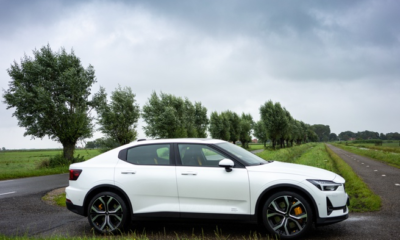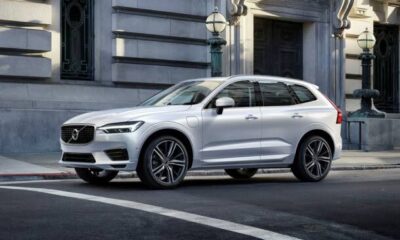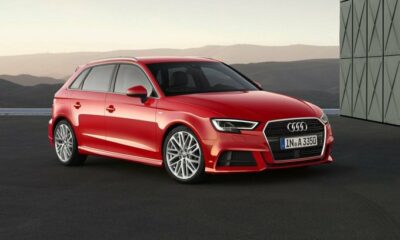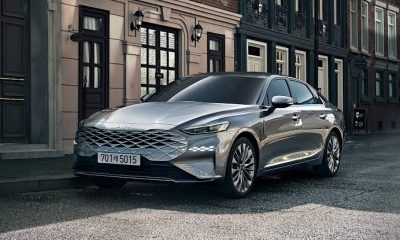Auto Shows
BMW loses luxury crown to Mercedes
 BMW lost its crown as the world’s biggest luxury-car brand to Mercedes-Benz, ending its reign after more than a decade amid a cluttered line-up of aging models.
BMW lost its crown as the world’s biggest luxury-car brand to Mercedes-Benz, ending its reign after more than a decade amid a cluttered line-up of aging models.
Last year, BMW sold 80,000 fewer cars last year than the Daimler’s Mercedes brand, which drew younger buyers with sporty redesigns and a bigger array of increasingly popular SUVs. A rebound for BMW will be hampered by challenges that range from slowing auto demand in Europe to the threat of trade barriers in the United Kingdom and North America.
BMW’s global deliveries rose 5.2% in 2016 to 2 million cars, growing at less than half the 11.3% rate which lifted deliveries at Mercedes to 2.08 million. Third-placed peer Audi sold 1.87 million cars in 2016, 3.8% more than a year earlier.
Mercedes had lagged behind the BMW marque since 2005 and temporarily dropped below Audi to third place before a revamped SUV line-up drove a strong comeback in recent years.
Sales will expand in the low single digits in 2017, BMW’s sales chief Ian Robertson said at the Detroit auto show. Headwinds this year include weaker demand in the UK amid preparations for Brexit, and slowing growth in China, he said.
While BMW CEO Harald Krueger says he is more focused on profitability than on sales, he needs funds to cover rising investments in electric cars and self-driving features. All three German luxury-car makers face that challenge along with increased competition from expansions by smaller rivals such as Jaguar, Volvo and Alfa Romeo, and from new entrants like Tesla Motors.
BMW is particularly vulnerable because it does not have the deep pockets of a large parent to fall back on. Climbing research and development spending has pushed BMW profitability lower, with the on-going revamp of its line-up also weighing on its earnings.
“The challenge and opportunity in 2017 is for BMW to deliver the new product portfolio which they are rolling out aggressively in the next two or three years, and then translate that rollout into earnings growth as they need to invest in new technologies. It is a competitive market out there at a time when end-market growth has been slowing.” Said Stuart Pearson, a London-based analyst at Exane BNP Paribas
Global automakers are confronted with enormous costs to develop battery-powered vehicles in order to meet ever-stricter emissions regulations even though consumers are not buying enough electric cars to make the investment worthwhile. BMW, an early adopter of green technology, has been slow to add new electric offerings after the tepid sales of its i3 city car.
Political changes in key markets are likely to add to BMW’s hurdles. The company would be hit hard by a border tax for carmakers that has been suggested by Donald Trump and by any new tariffs resulting the UK’s exit from the European Union, because of its large investments in Mexico and the UK.
-

 AVIATION5 years ago
AVIATION5 years agoPhoto News: Air Peace commence flight operations to South Africa
-

 Car News5 years ago
Car News5 years agoPolestar is recalls over 2000 electric cars due to software bug
-

 RAIL5 years ago
RAIL5 years ago36 Killed in Pakistan Train Accident
-

 Technology5 years ago
Technology5 years agoCommon mistakes in CO₂ emissions calculations
-

 Business5 years ago
Business5 years ago2016 Volvo XC60 review and specifications
-

 Reviews5 years ago
Reviews5 years ago2021 Audi A6 Specifications and Review
-

 SAFETY / CAR CARE5 years ago
SAFETY / CAR CARE5 years agoHandbrake warning light; what it means and what to do
-

 Reviews3 years ago
Reviews3 years agoDebutant Kia’s new K8 sedan benchmarks luxury, safety
